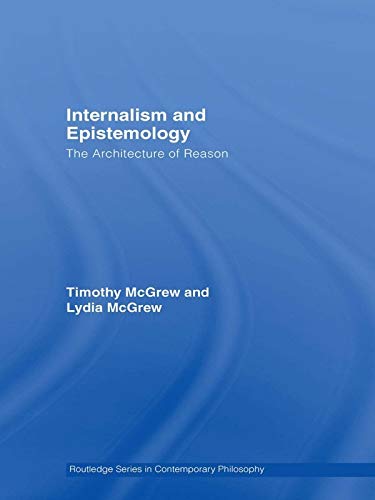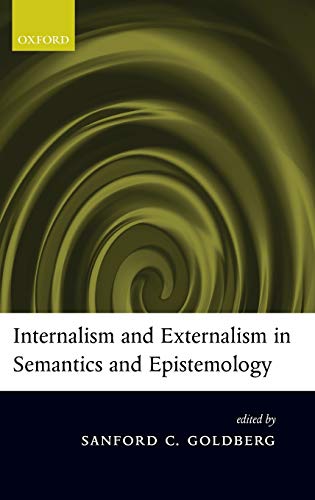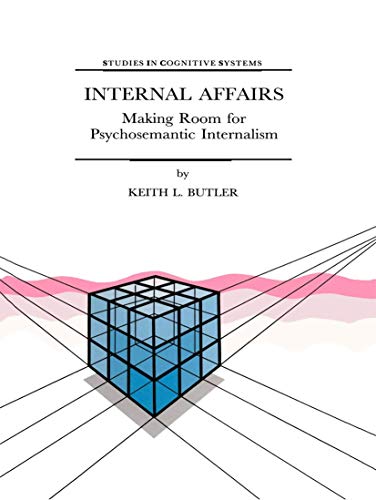Any view claiming that a certain phenomenon can, or must, be analyzed in terms belonging within a certain sphere. In particular, internalism applies to certain analyses of mental notions such as belief and knowledge.
An internalist analysis of believing, thinking of something, and so on, limits itself entirely to what is going on inside the believer’s head; only on those terms could a theory like the identity theory of mind be true (though of course internalists need not hold it).
An internalist view of knowledge says that for a belief to count as knowledge one must at least be aware of and/or able to present an adequate justification for it; it is not enough that one merely stand in certain causal relations to the fact in question.
Various distinctions can be made between strong and weak (and so on) versions of internalism.
Also see: externalism
Source:
J Dancy, An Introduction to Contemporary Epistemology (1985)
Table of Contents
Last update 2020-06-17. Price and product availability may change.










